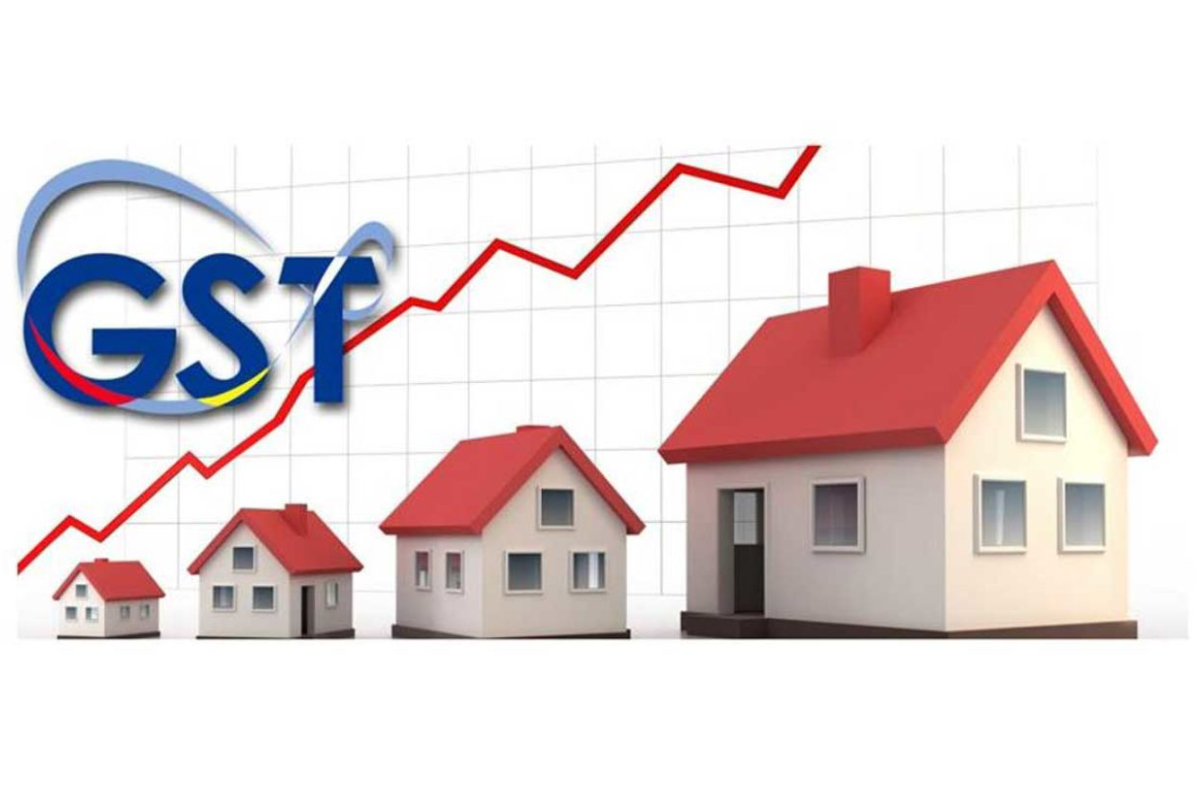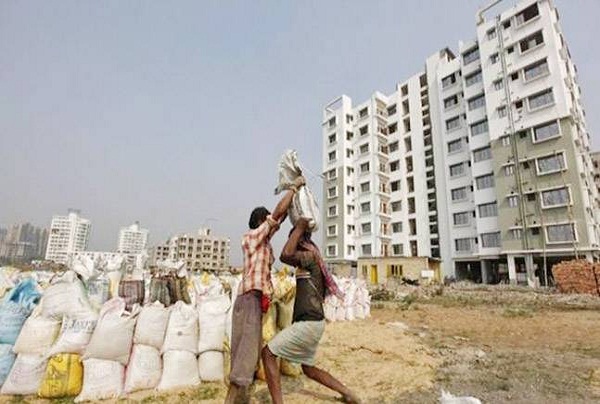
GST in the construction industry
Goods and services tax is a single unified indirect tax system that unifies India as one marketplace. It has replaced VAT, Central Sales Tax, Purchase Tax, Excise Duty, Service Tax, CAD, SAD, Entry Tax, Luxury Tax, Octroi, Cess etc. There is both positive as well as negative impact of GST on the construction industry. The lower tax of 5% for the essential materials like Coal and iron has considerably reduced the production cost. Similarly, the removal of entry tax has lessened the logistics expenses also. Nevertheless, the GST has its own share of negative impacts too. The tax exemptions have led organizations to levy uniform taxes on comparable products after GST implementation. The following part will lead you to different GST rates for the construction materials and its impact on the industry.
GST rates for different construction materials
The Gst rates of various construction items are mentioned under various HS codes.This articles focuses only on the GST rates of bricks,blocks and ceramic materials used in the construction industry. To Know more, https://www.brecorder.com/2019/12/31/557639/construction-materials-rates-of-gst-fed-to-remain-intact-till-budget/
GST rates of bricks, blocks and ceramics
The GST rates for bricks , blocks and ceramics are mentioned under HS codes section of 68 and 69. Following are the GST rates for different bricks,blocks and ceramic materials:

- The GST rate for Fly ash aggregate or fly ash bricks or with 90 percent or more fly ash content is 5%.
- GST rate for building brick and sand lime brick is 5%
- The GST rate for Refractory bricks, blocks, tiles and similar refractory ceramic constructional goods is 18%.
- The GST rate for paving blocks, bricks, squares, slabs, tiles and other articles of pressed or molded glass, whether or not wired is 18%.
- GST rates for Quartz, dolomite, natural steatite, slate, porphyry, basalt and sandstone, whether or not merely cut or roughly trimmed, by sawing or otherwise, into slabs or blocks of a rectangular shape is 5%.
- GST rates of granite, Marble and travertine blocks are 12%.
- GST rates for artificial graphite: semi-colloidal or colloidal graphite; preparations based on graphite or other carbon in the form of blocks, plates,pastes or other semi-manufacturers is 18%.
- GST rates for blocks, tiles and other ceramic goods of siliceous fossil meals or of similar siliceous earth is 18%.
- The GST rate for refractory bricks, blocks, tiles and similar ceramic constructional goods is 18%.
- GST rates for other ceramic goods like retorts, muffles, nozzles, crucibles, plugs, supports, couples , tubes, pipes, sheaths and rods is 18%.
- GST rates for ceramic flooring blocks, support, cowls, chimney liners, chimney- pots, architectural ornaments and other ceramic constructional goods is 18%.
- GST rates for ceramic pipes, conduits, guttering, and pipe fittings, flags, wall tiles, ceramic wares for laboratory, chemical or other technical uses, ceramic troughs, tubs, pots, jars and similar articles of a kind used for conveyance or packing of goods is 18%.
- GST rates for ceramic sinks, washbasins, baths, bidets, water closet pans, wash basin pedestals, flushing cisterns, urinals and similar sanitary fixtures is 18%.
- GST rates for machines –tools for working stone , concrete, ceramics, asbestos-cement or like mineral materials or for cold working glass is 18%.
Since the GST rates of various inputs ranges from 5% to 28%, a person should keep in mind the rates applicable and make decisions accordingly. A mix of materials like cement, steel, roofing sheets and others can be used to minimize higher GST cost if any.
The validity of the above information about the GST rate must be verified before any business dealings.
